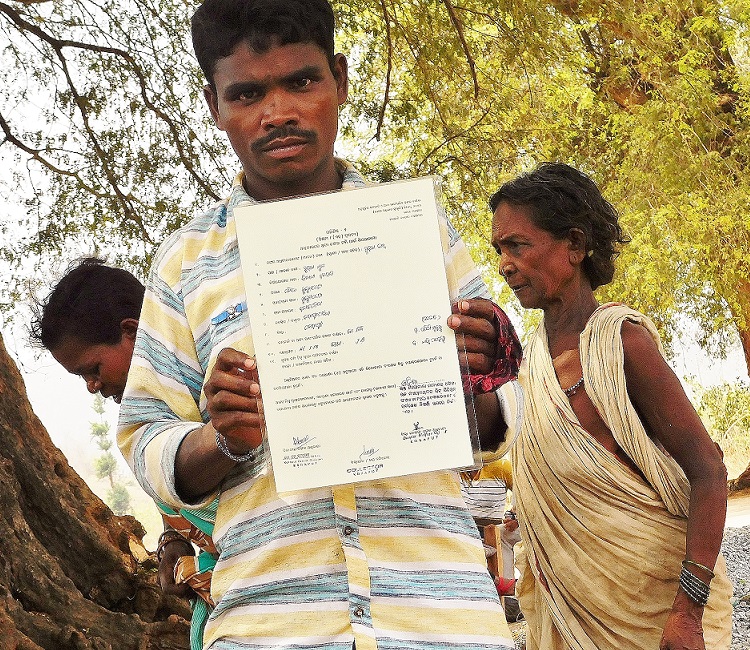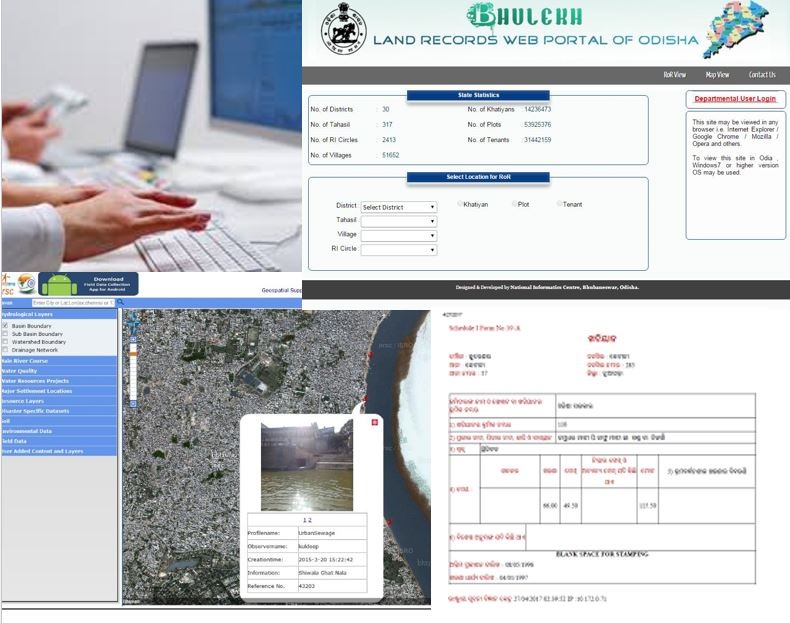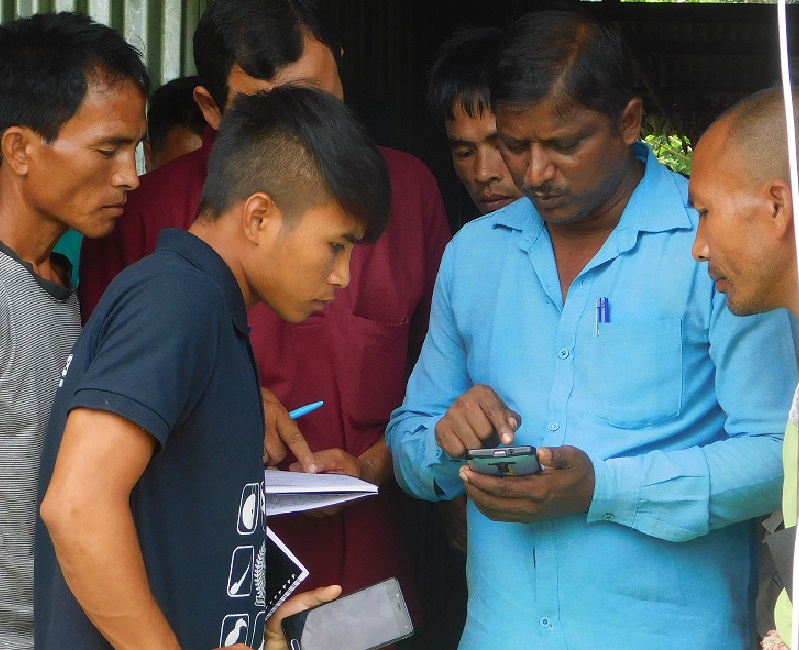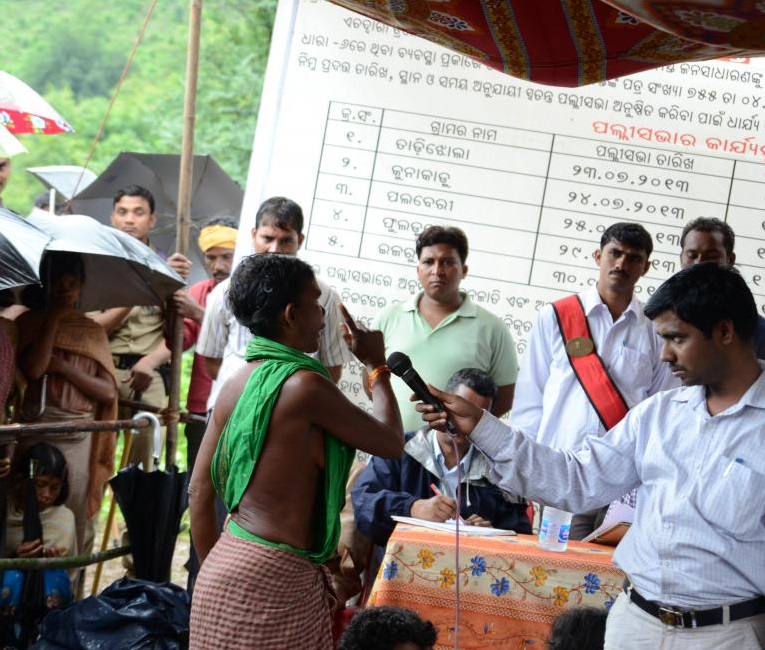
1. Partnership for Land Tenure Security
Rationale, role and potential of partnerships to ensure and enhance land tenure security. How do they contribute to overcome land sector limitations around intertia, resources, knowledge and innovations? We are more keenly looking at experiences and arguments around inter-sectoral/multi-level/innovative partnerships with impactful or potentially disruptive change in addressing chronic and critical problems in land sector esp. around land administration/governance, land information and data and land-technologies and innovations. While we are open to new ideas around partnerships, some potential sub-themes could be
- Partnership for ensuring and enhancing inclusive Land Rights and secure tenure
- Partnership around land information, data, M&E and Impact
- Partnership to promote innovations, mentor disruptions
- Partnership for effective land administration and improved service delivery
- Partnership for sustainable and inclusive investment and shared prosperity

2. Inclusive Land Tenure Secuity
Inclusion theme of ILDC2019 will be deliberated in sessions with conversations on including the excluded and addressing the land rights-apartheid: women, landless, homesteadless, farmers, particularly share-croppers and tenants, slum-dwellers, dalits and indigenous communities, forest dwellers, pastoralists and coastal communities.
- In the context of women land rights, the focus would be on inheritance rights, rights of women farmers and forest rights. Contributions are welcome around potential, challenges and issues around inheritance rights as a critical pathway for enhancing women land rights. Examples and strategies around legal-institutional interventions, in furthering WLR with scope and challenges around upscaling will be given priority. With a gender-equity as a core cross-cutting focus, ILDC2019 will have more sessions on WLR and more discussions on WLR in other sessions.
- Around landlessness and homesteadless, the focus will be on experiences, learing and strategies around existing and desired legal-institutional reforms and role of different actors and approaches
- Dalit Land Rights: Denials, struggles, good practices and challenges
- Experiences around individualization of customary tenure and enhancing land rights of tribal and indigenous communities
- Experiences around land-leasing reform interventions by state and non-state actors, through formal and informal approaches, directly and indirectly and through pilots
- Learning from ongoing experiences and upcoming strategies around addressing slum-dwellers’ rights, affordable housing and urban-commons in the context of growing urbalization
- Learning, good practices and challenges in recognizing forest rights: individual and Community as well as pastoral rights
- Land and housing rights of coastal communities and fish workers as affected by CRZ, disaster preparedness etc.

3. Impacts of Land Tenure Security Interventions
Deliberations on impacts of inclusive interventions around women land rights, forest rights, land-leasing, slum-dwellers right etc. whether as pilots or at scale on livelihoods, production, environment and overall development. Potential examples around impact sub themes are:
- Inclusive land rights (Land leasing reforms, women land rights) to double Farm Income and to address agararian crisis
- Forest Rights and Livelihoods and Conservation outcomes
- Slum dweller rights and sustainable and smart cities
- Women Land Rights and Gender Equity and develoment outcomes
- Homestead rights and Swachh Bharat
- Improved tenure security and Climate Change Resilience
Data, information and technology/innovation will remain cross-cutting themes across these inclusion categories and would be contributors to impact sub-themes.

4. Land Information and Data
Need, status and contribution of Land Information in informing and improving land governance and tenure security and in monitoring and evaluation as well as in assessing impact of land-interventions. Of particular interest are open data and standards, transparency and access, monitoring of global (viz. SDG, VGGT, GLII etc.) and local (viz. DILRMP land indicators, Women Land Rights, Landlessness etc.) land indicators, land datasets including online and geo-spatial databases; status and contribution of land-data stakeholders; methodologies in collecting and reporting land information etc.
- Land open data, standards and access to land information
- Land Indicators, methodologies, data sets and actors
- Preparedness for reporting SDG land indicatorss

5. Technology and Innovations
Examples and ideas around use of information technology, GIS, machine learning and mobile and drone technology innovations etc. esp. those with future scope and demonstrated potential to reduce cost and time, augment efficiency, enhance local capacity and participation and promote decentralization of land administration and make land tenure more secure and inclusive. Contributions around innovations in the following areas are welcome, though landscape of innovations remain open for other ideas and experiences:
- Land record modernization, updating and mapping innovations
- Land administration and service delivery innovations
- Land use planning and monitoring of changes
- Land information storage and dissemination

6. Land Administration and Management
Experiences, issues and challenges around land administration, learning and need of reforms, working of land institution, private sector participation and role of markets; nature, reasons, cost of land conflicts and potential of sustainable investments; governance and management of public and common lands. Potential topics and issues around which contributions are invited may include:
- Land administrative reforms : Need, experiences, opportunities and risks
- Land Institutions, Private Sector and Market
- Land Litigations, disputes and investments
- Governance of Commons and community land with focus on non-forest government lands and commons
- Customary and Community tenure: challenges and lessons in the changing context, scope of individualization
- Public land management, land banks, monetization
